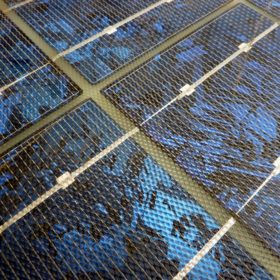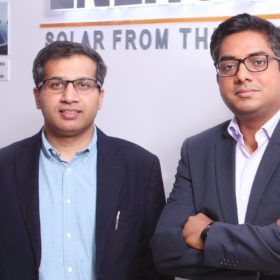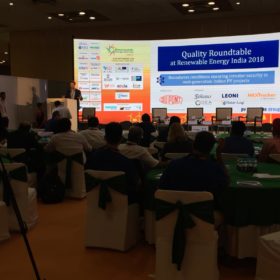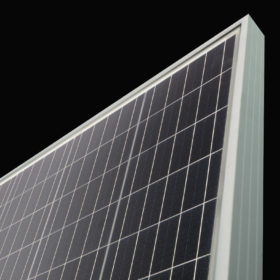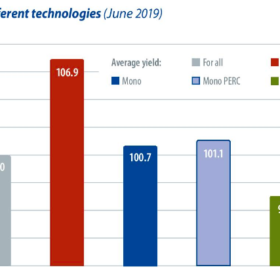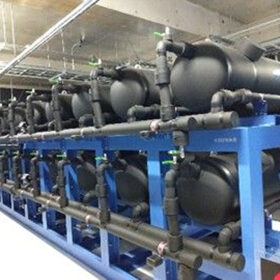US scientists claim clear-sky irradiance model provides better results for module testing
Researchers at the American Institute of Physics have used the clear-sky irradiance model developed by the National Renewable Energy Laboratory to measure the degradation rates of solar panels at a testing field in Germany over five years. The scientists say the model, when combined with real-world data, offers an efficient tool to evaluate the aging of PV technology.
Cheap Indian imports claim prompts Bangladesh to introduce solar standards
Dhaka has heeded complaints about Indian manufacturers allegedly dumping sub-standard PV products over the border and issued a requirement for modules, inverters, charge controllers and batteries to attain IEC electrical standards.
Bangladeshi developer accuses India of dumping poor quality panels over the border
Visitors to this year’s Solar Bangladesh Expo have called for the implementation of quality standards on solar imports – action which the government is currently pursuing – with one industry insider rubbishing Indian-made products.
Interview: SunSource Energy says regulatory uncertainty is solar industry’s biggest challenge
The disparity between central and state government renewables policies must be resolved and renegotiating signed PPAs is an absolute no-no, according to the solar business’ bosses.
Have your say on NSEFI best practice guidelines for utility scale PV
The National Solar Energy Federation of India (NSEFI) is continuing to step up its efforts to ensure the quality of large scale solar projects. The body is now looking for stakeholder input into its new best practice guidelines for PV power plant projects, as a part of its ongoing Quality Taskforce initiative.
IHS Markit: Trackers to account for a third of PV installations
New analysis predicts more than 150 GW of tracker capacity will be installed in the next five years – around a third of all ground mount projects up to 2024. Rapid growth in Europe, the Middle East and Africa; and the better cost structures possible from combining trackers and bifacial modules are singled out as key trends.
Jinko: ‘The days of mono will soon be behind us’
A spokeswoman from the Chinese manufacturer of the Swan series of double-sided solar panels says monofacial modules will soon be consigned to residential use as the price gap between them and higher-yielding bifacial products rapidly closes.
pv magazine test: Latest results
pv magazine test is a cooperative module testing procedure involving pv magazine, CEA and Gsolar. All tests are carried out at Gsolar’s test laboratory in Xi’an, China. CEA supervises them and designed both the indoor and outdoor testing procedures.
“Let’s compete on quality and innovation”: Vikram Solar CFO
With India losing major solar markets to stiffer competition from cheaper products, it’s high time to change the game by playing on quality and innovation—according to Vikram Solar Chief Financial Officer Rajendra Kumar Parakh, who spoke to pv magazine on the challenge of shrinking markets before Indian solar manufacturers.
UK scientists observe LID in action
A team of researchers from Manchester University claims to have identified the dominant process causing light-induced degradation in silicon solar cells. The process, termed “trap-assisted auger recombination”, arises from a defect in the bulk of the silicon material which lies dormant until exposed to sunlight.
